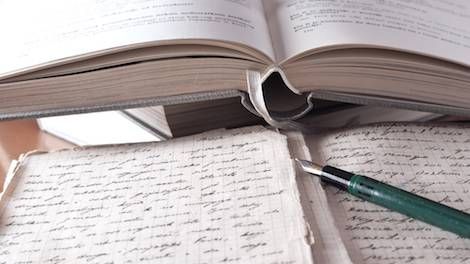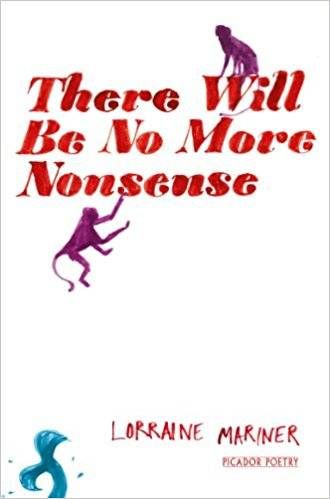
Why Historians Should Read More Poetry
This is a guest post from Bob Batson. I write furniture descriptions for money. I live in Brighton. Twitter: @AspiringMuppet.
I imagine readers of this site are well acquainted with the medicinal properties of a poetry collection. Not only does a good chapbook translate and teach, one of its best services is the ability to pause. Even fourteen lines is enough to give readers a moment away from their own lives. This is especially healthy for historians or journalists. The historian’s job often feels like sifting through the brutalities of the past, then interpreting garbage stories to make sense of our own shit. And it is exhausting. This is why whenever I have a difficult (read: all) history to research, I keep an Ogden Nash collection on my desk.

Poetry is the best reading habit to recover from the the shit sifting. The form specifies lyricism, a quality that makes rare appearances in historical texts. The pauses and breaks of a stanza ensure a slower pace than the rapid scrutiny of historical analysis. Certainly it serves as escapism but that’s never been terrible in small quantities.
Sometimes it’s not escapism but a translation of something uncomfortable. Reading Morgan Parker’s latest in tandem with Reni Eddo-Lodge’s Why I’m No Longer Talking To White People About Race demonstrated that the politics of the present had immediate artistic applications. This isn’t a new reading tactic at all, but it is the best advice I can give when you’re working with troubling materials and writing in uncertain times. When the work is distressing and shitty, try opening a slim volume. It helps.
















